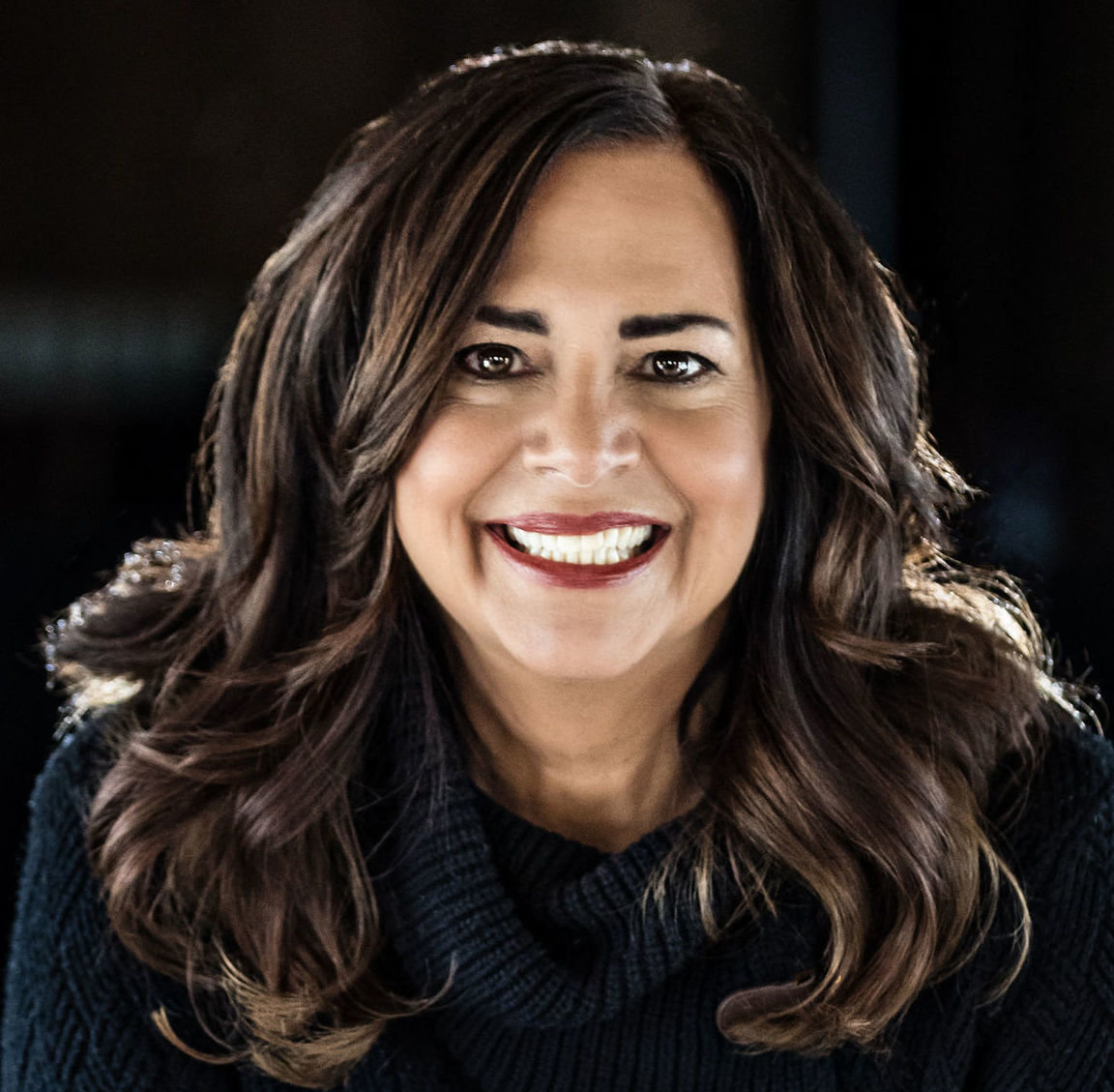Some time ago, I woke up and spent a few minutes reading my emails, only to discover that I’d been insulted on LinkedIn. The insult came as a response to a comment I made while sharing a great post from my friend and Forbes contributor William Arruda on “7 Parenting Traits that Help Children Succeed At Work.”
The parenting trait that I indicated was my favorite in the list was “humility.” I did so because as a (former) marriage and family therapist and now a success coach, researcher and writer, I see every day how children are being by parents who have an over-sized sense of entitlement and superiority, and sadly, this sense of entitlement is depriving their children of the experience of real and unconditional love, which we need to grow healthily and thrive. Also, so many children are being raised today by highly manipulative and narcissistic parents, which breeds more narcissism.
I won’t dignify the insult I got by repeating it verbatim, but basically, the commentator smacked me down with a few sentences on how I don’t display any humility, so how can I say I like it? And if I do “like” humility, what do I think it means? (insinuating that I must not understand the definition of it because I’m totally without it). And he offered to educate me on how I have no humility.
This prompted me to think long and hard about a few things, including what it feels like to get insulted or attacked online. Anyone in the media or with a large reach who has anything important to say has experienced being insulted. And this happens even more frequently when we cover controversial and emotionally-heated topics like a recent post of mine on What Is Feminism and Why Do So Many Men and Women Still Hate It. On this day, however, I was moved to write about how to handle being insulted online because, whenever it happens, it’s painful and confusing for most people, including me.
But it also prompted me to think more deeply about humility — what it is and why it can be damaging and limiting to women, especially to those women who wish to become leaders, spokespersons and change agents in the world. To do that, we can’t be overly-humble and submissive or worry what people think of us.
About humility, below is a definition from Merriam-Webster of humility that I’ve seen in action can limit and hinder people’s growth and success, particularly women who are vulnerable to suppression:
Merriam-Webster definition of humility:
Freedom from pride or arrogance
The quality or state of being humble
(With “humble” defined as “not haughty, proud: not arrogant or assertive. Reflecting, expressing, or offered in a spirit of deference or submission”)
So here’s the rub:
Women the world over are being trained by society and culture to be modest, unassuming, to avoid at all costs being seen as haughty, proud or assertive.
Despite the progress we’ve made in supporting equality, we haven’t yet challenged this concept well enough, that in order for women to be considered “feminine,” appealing, or acceptable, they have to be unassertive, submissive, agreeable and pleasing at all times. And men are not receiving this same cultural message.
How does this hold women back?
Below are five damaging ways that ‘humility’ as currently defined by society keeps women stuck and afraid:
1. Women often believe that speaking up for themselves and advocating powerfully and compellingly for what they want makes them less likable.
Sadly, research has proven that they’re right – study after study has shown that society punishes women for being forceful and assertive, and that unconscious bias against women prevails.
2. Many women feel guilty when putting themselves first or asking for what they want and deserve.
I’ve coached over 12,000 women in 12 years, and I hear about this type of “guilt” virtually every day from women. They feel guilty if they put their needs first, or pursue goals that may create some challenges, conflicts or compromises in their family life or marital system.
The problem here is that if guilt is the primary emotion women feel when putting themselves forward, they’ll be forever challenged with getting out of the gate and sustaining the power, energy and commitment required to succeed in the way they long to, because they’ve been culturally taught they’re wrong to want to.
3. Many women believe that appearing proud of their accomplishments or talking about them will make them look bad.
Just as the online critic tried to shame me by saying I have no humility, our society still perceives that women who are confident and who talk about their contributions and achievements in a powerful way, are haughty, arrogant and proud. I ask this:
Should people not be proud of who they are and what they’ve done? Is it better to feel you are not valuable, that your talents are not important and not needed in this world?
Why is that preferable?
4. Many women shun the idea of building a personal brand or understanding and communicating their competitive advantage.
Fourthly, so many women I hear from resist the idea that it’s important to identify their competitive advantage and talk about it. The challenge here is that if you can’t do that, you can’t build a powerful personal brand, which is all about knowing your specifics and talents, how you use those to make an impact, and leveraging them to support your desired niche. If you’re not comfortable building your personal brand, you’ll struggle in moving forward and generating the recognition, reward, compensation and fulfillment you long for.
5. Many women shy away from networking, not understanding how to talk about themselves and what they want.
Finally, the adherence to appearing humble can hold women back from networking powerfully, but networking is the single biggest source (80% in fact) of landing jobs, and getting promoted and advancing in our careers. We simply can’t achieve our biggest dreams and highest visions without the help of others. And finding great mentors, sponsors, supporters and ambassadors requires powerful networking.
I’d like to throw this out for us to think more deeply about:
Why is a healthy dose of pride considered a negative trait, when it fuels a person to understand their great value in the world and how to use their gifts and talents in ways that help others?
And why are men encouraged to be proud, but women demeaned for it?
And the question I’d ask us all to answer more honestly and bravely this week, if you’re game, is this:
What do you honestly think about being proud of who you are, and about sharing your contributions and achievements – and why they matter – with others? Do you shun it, fearing you’ll look arrogant and seem to lack humility, or do you embrace it an inspiring way?
Let’s help each other become more comfortable being proud of who we really are, and assertive and confident in positive ways that move us forward.
For more from Kathy Caprino, visit her career and personal growth programs, her TEDx talk “Time to Brave Up” and her new podcast Finding Brave.


